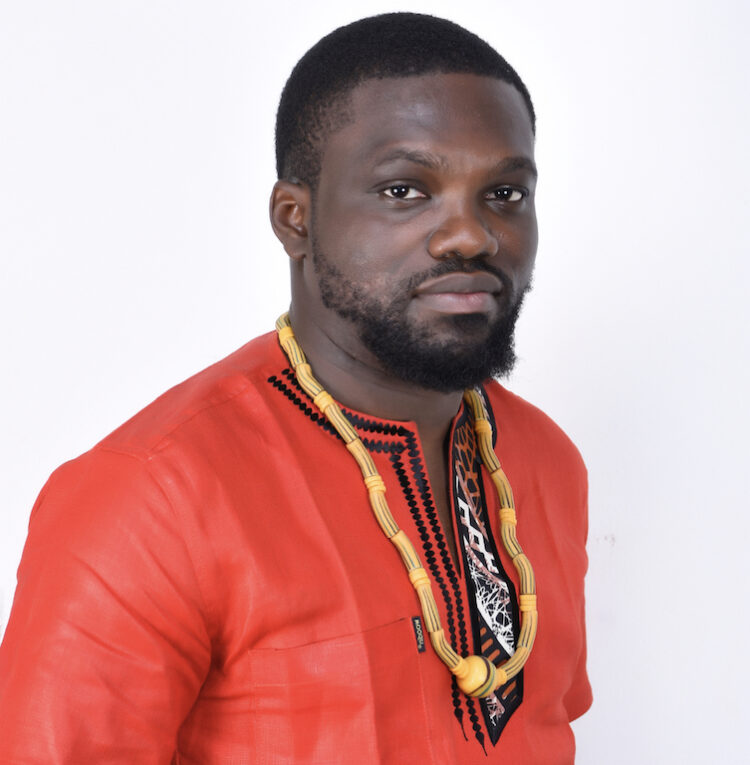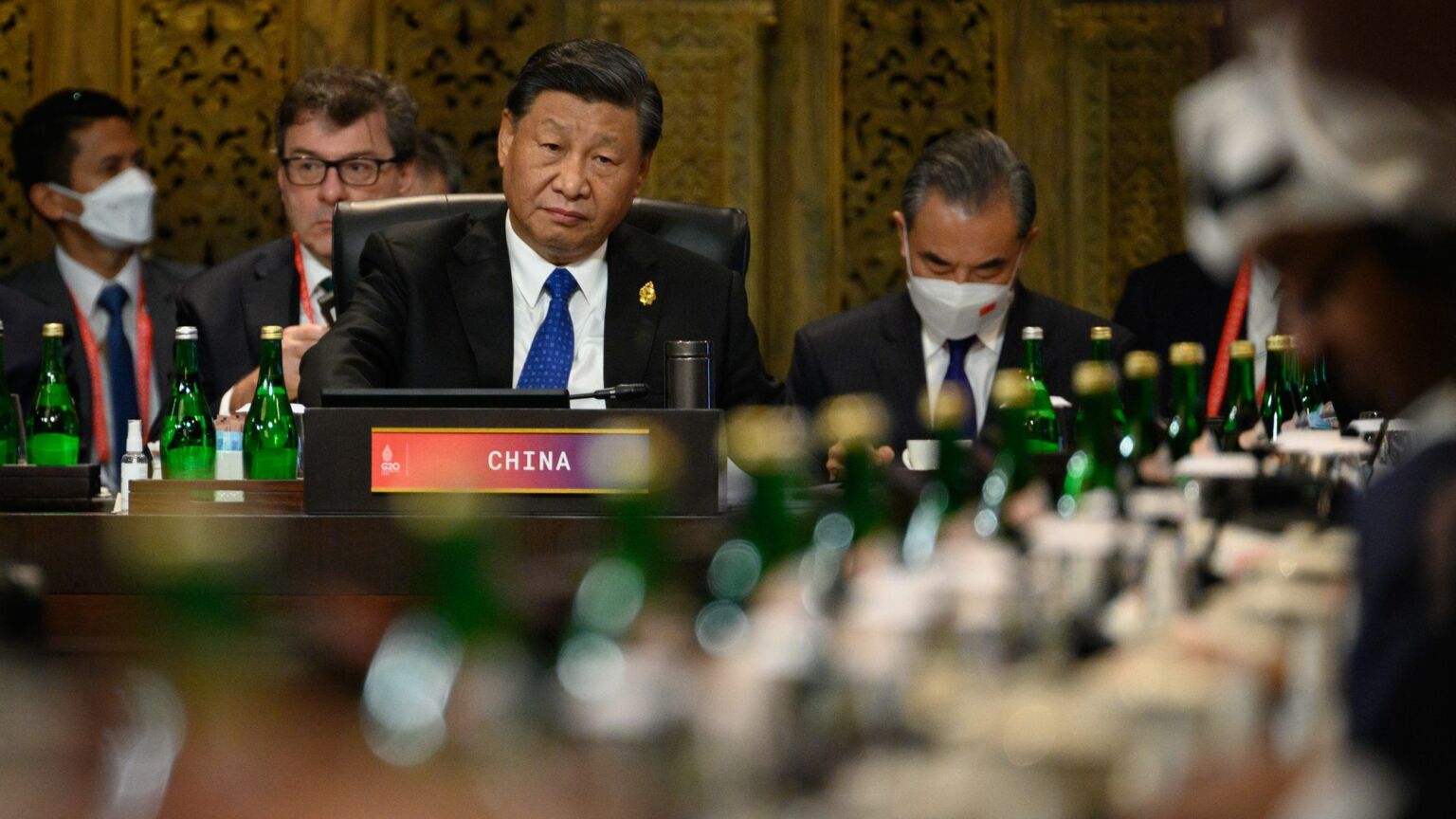This Day
Aisha Shuaibu argues that Nigeria has no business being led by old people
“All over the world, young people want to see leaders with kindred spirits, whom they could dream and build. In an age when the world is mainstreaming Resource Mobilization, the present paradigm shift promises to usher in a smarter and inclusive Nigerian society” – Hamzat Lawal
Conditions for new entrants into Nigerian governance improved for prospective youth political candidates after The Age Reduction Bill popularly known as the Not -Too- Young- To- Run Bill was signed into law in 2018, making a 25- year- old eligible for the House of Representatives and House of Assembly and a 35- year-old eligible for the Office of the Senate, Governorship, and Presidency. Despite this, the 2023 elections have still seen low youth political participation, keeping the baby boomers as a persistent demographic bulge weighing down Nigerian governance. Despite the youth’s frustration with the ancient ways of thinking by our aged leaders, young citizens remain disengaged from electoral politics. This generational gap in governance explains why Nigerian politicians stand to prioritise the elderly more than the young. Fact remains that the more youth abstain from political participation, the more decisions from our legislators will be biased against their interests. Neglecting the absence of youth participation is a breeding ground for social inequality on a massive scale. Redressing generational biases in the political system is a concern for all democracies and may be able to be addressed by legislators examining intergeneration issues, the implementation of mandatory voting, etc. Nigeria has no business being led by old people who should be settling into retirement.
The generational dimension is remarkably absent from political debates, making them inconsiderate of true democracy, youth and inclusion. The respite gained by the older generation will certainly have to be paid for by the younger ones in the long run. It is not overambitious to desire a leader who can catch Nigeria up to its potential, particularly through human capital development, but Nigerian leaders continue to express the facts and figures of economic growth through human capital and are still yet to place education and health at the forefront of their progressive agendas. By not challenging the ‘analogue’ thinkers that insist on leadership in a predominantly youth nation, the fate of most citizens under 30 will be fundamentally affected. Political priorities differ between older leaders who want to preserve backward ideologies that are seemingly failing the country every day instead of the fresher ideas that understand the importance of leveraging the capacity of Nigerians to alleviate our country of its reliance on imports and oil production.



